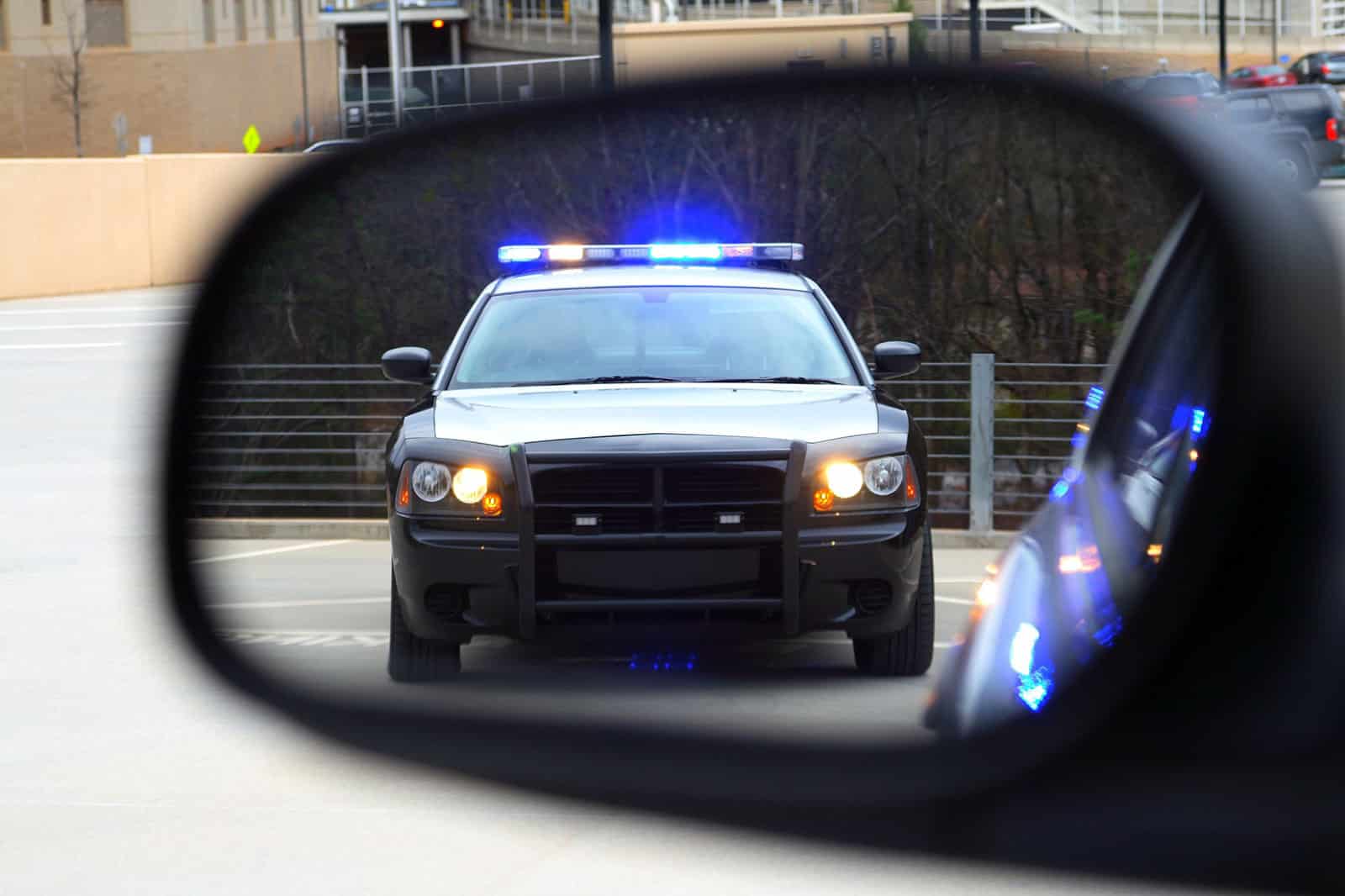Crack Cocaine Addiction
If you or your loved one is addicted to crack, Mid Hudson Addiction Recovery can help you get started at the best crack cocaine treatment centers in New York and out-of-state.
Crack Cocaine Treatment in New York
The discovery of the ability of cocaine to relieve pain stimulated a frenzy to create more effective, potent, and faster-acting analogs. The social and economic value of cocaine has remained high not only due to its demonstrated efficiency in mitigating pain but also due to its noteworthy ability to reliably produce pleasant, rewarding psychoactive effects or high. Are you searching for crack cocaine treatment in NY or out-of-state? If so, continue reading to learn more.
Cocaine and its analogs have been at the center of wars, fueled black markets, driven up violence, and cartel crime. It has also triggered numerous addiction and overdoses, deaths as well as drug-related epidemics around the world. As we grapple with rising rates of abuse and addiction, the human desire for pleasure, together with improvements in design, manufacture, marketing, sales, and clandestine distribution of cocaine has recently led to excess availability and accessibility. The additional ability to administer these drugs directly into the bloodstream via hypodermic needles to produce intense euphoria or hypnosis (sleep), contributes to their addictive properties.

What is Crack Cocaine?
Cocaine is a stimulant that is one of the oldest drugs in use. It is derived from the coca leaf, which is grown in South America. The transformation of coca leaves into cocaine is an elaborate physical and chemical procedure that produces a soluble powder. Crack and cocaine are the same drugs in different forms. While cocaine is a powder derived from the coca leaf that is sniffed or dissolved in water and injected. Crack is a more recent derivative of cocaine.
The United States consumes 90 percent of cocaine produced in South American countries such as Columbia or roughly 50% of the world’s cocaine, which amounts to about 300 metric tons. America has the greatest rate of cocaine consumption among people aged 15 to 64. The figures stand at 2.8% or about 3 in 100 Americans.
Effects of Crack Cocaine without Treatment
The short-term use of crack cocaine causes euphoria, hyperactivity, and mental alertness. These are evident in the addict’s behavior. Such traits might include violent behavior, as well as tremors, vertigo, muscle twitches, and paranoia. Other signs include constricted blood vessels, dilated pupils, and increased temperature, heart rate, and blood pressure. Long-term effects of crack use include restlessness, irritability, anxiety, addiction, hallucinations, and mood swings. In extreme cases, cardiac arrest, seizures, and death may also occur.
Crack Addiction Treatment Options
No single treatment method is appropriate for everyone struggling with addiction. Many crack cocaine addicts must go through a medical detoxification program in a controlled environment supervised by medical professionals. Counseling and behavioral therapy is also a critical part of cocaine treatment plans.
Currently, there are no FDA-approved drugs for medication-assisted treatment (MAT) for crack or cocaine addiction. The most successful treatments employ a combination therapy, including behavioral therapy (both in- and out-patient counseling), for treating crack cocaine addiction.
However, the plain truth is that treating crack cocaine addiction is quite challenging as addicts often suffer multiple relapses before kicking the habit for good. This is especially true for crack cocaine. We recommend the best crack cocaine treatment programs in NY and out-of-state.
Find Crack Cocaine Treatment Facilities in NY
We understand that the circumstances surrounding your addiction are unique. Our experts will help you find a suitable in-town crack treatment facility that fits your needs. Why not let’s have a confidential discussion to get started. Call our helpline today.
Addiction Resources for New York
Residents of New York searching for addiction help now have plenty of resources to fight substance abuse. Our team of professionals is here to guide and support you during this difficult time. We work with a variety of Hudson Valley addiction treatment programs personalized to fit your needs:
- Heroin Rehab in New York
- Heroin Detox in New York
- Alcohol Detox in New York
- Alcohol Rehab in New York
- Drug Detox in New York
- Drug Rehab in New York
- Crack Cocaine Rehab in New York
- Xanax Rehab in New New York
- Xanax Detox in New New York
- Fentanyl Detox in New York





